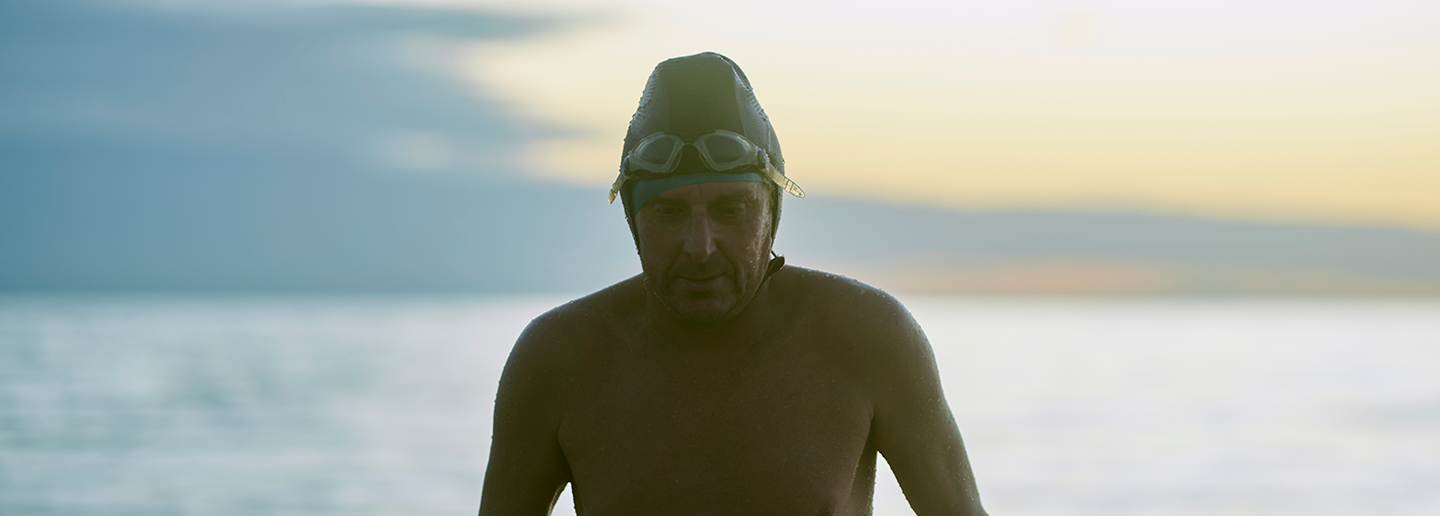What is depression?
Depression affects how you feel about yourself. It can make life more difficult to manage from day to day.
You might lose interest in things you usually enjoy. You may lack energy, have trouble sleeping or sleep more than usual.
Some people feel irritable and some find it hard to concentrate.
Symptoms of depression
Everyone experiences depression differently.
Common signs and symptoms of depression can include:
withdrawing from friends and family
trouble concentrating
feeling overwhelmed, empty or numb
thinking nothing good ever happens
being constantly tired
Suicidal thoughts
Sometimes people who are experiencing depression may also experience suicidal thoughts. To learn more visit Suicide prevention.
Types of depression
There are several types of depression. Each type has different symptoms and is treated differently.
Common types of depression include major depression (including postnatal depression), bipolar disorder and persistent depressive disorder (dysthymia).
Learn more: Types of depression
Causes of depression
Depression usually develops because of a combination of life events, personal factors and changes in the brain. It doesn’t usually develop because of one issue or event.
Learn more: Causes of depression
Do I have depression?
Treatment and other support for depression
There are many different approaches to treating depression. These include medications, therapy (such as cognitive behaviour therapy) and lifestyle changes.
We’ve got resources to help you if you’re feeling miserable, have been diagnosed with depression or are supporting someone with depression.
Treatments for depression
Depression is unlikely to go away on its own.
Finding the right treatment and support can help you learn how to manage your depression and start to feel better.
Learn more: Treatments for depression
Finding mental health support
Your GP can be a good place to start the conversation about your mental health.
We can also help you find other support that’s right for you. This could include talking to our counsellors or helping you find a mental health professional near you.
Working with depression
If you’re recovering from or managing poor mental health, work can help you to get better and stay well. There are things you and your employer can do to help.
Depression in children and young people
- what the signs of depression might be in a child or young person
- how to have a conversation with them about your concerns
- what support is available.
Supporting someone else
If you’re worried about someone close to you, it can be hard to know what to say or do.
We have information and resources to help you support someone with a mental health condition:







